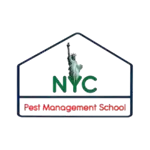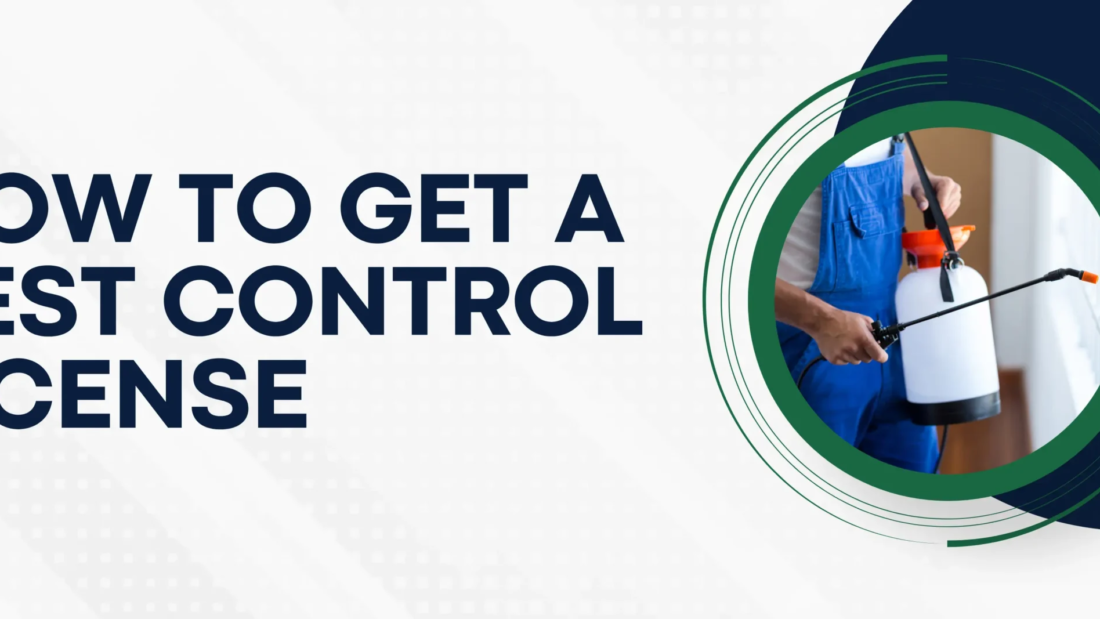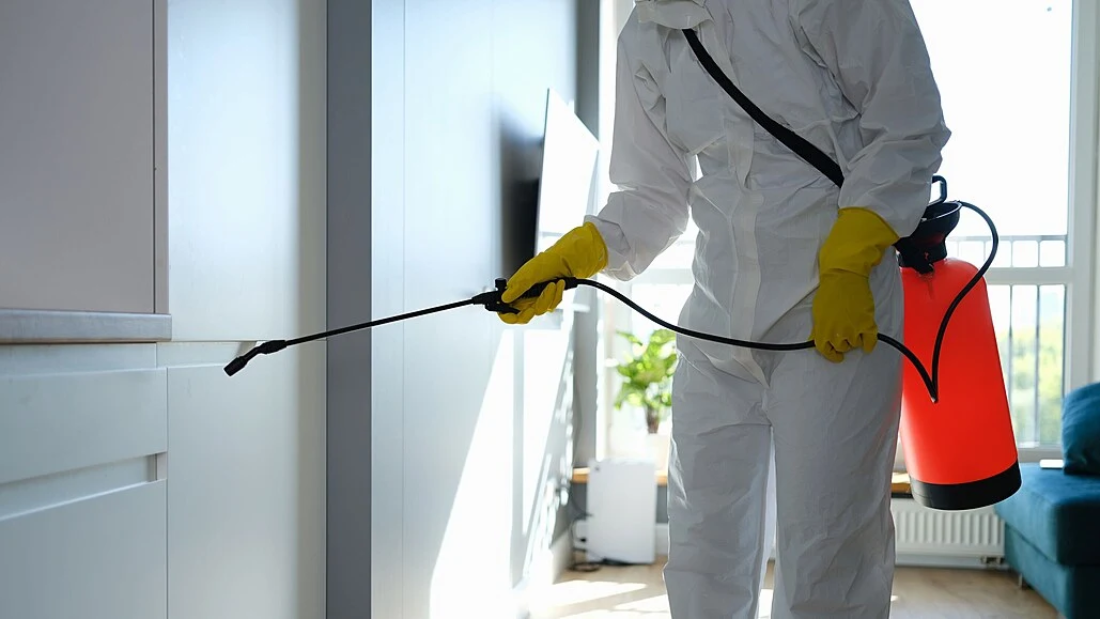A pest control license is the official certification granted to individuals seeking to work in the pest control industry, and this is the license that one will earn once he gets into the field of pest control. This is the standard certificate issued by many states that allows one to conduct his work in operating within safety and technical standards in the control of pests. This guide shall help you through how one can acquire a pest control certificate and what it entails.
What is a pest control certificate?
Basically, this Pest Control Certificate certifies your eligibility to undertake operations related to the process of pest control. It actually is a type of registration given to the practitioners by state and federal laws, based on satisfaction from them regarding passing a certain exam with all legal requirements. This, in turn, will prove for sure that one has been adequately trained in the area of handling pesticides and performing safe processes concerning treatments for pest control, both for your clients and also for the protection of the environment against the ill effects caused by such acts of yours.
Applying for a Pest Control Certificate
The process of application for a pest control certificate is different in various localities. However, the general steps are often similar. Here’s how to apply for a pest control certificate:
- Research Requirements: First, see what your state requires to license you as a professional in pest control. Every state seems to have its own specific set of regulations and rules regarding pest control.
- Complete Training: Almost every state requires a training course. This would train you about the biology of pests, safety associated with pesticides, laws, and the management of pest problems.
- First Pass the Exam: As you pass your training, you are supposed to sit for an exam. The exam will include the technique of pest control, safety, and laws related to pesticide use.
- Apply for a Certificate: The application for the certificate should follow after passing the exam. The applicant needs to verify his/her training and results obtained on the exam.
How to Obtain a Certificate of Pest Control
Getting a license for pest control involves a pretty well-rounded process. Following are some of the stages that occur in the process:
- Research: As earlier stated, begin by knowing what is expected precisely in your state.
- Training and Education: Look for schools that have training related to pest control or look online under a search using the words ‘training program near me.’ Check to see if the training will meet the state requirements.
- Take the Exam: Once you have had some training, you will go for testing on pest control that may comprise multiple-choice questions and/or practical tests.
- Apply for Your License: Once you have passed the exam, you will be submitting your application along with all other requirements to the licensing board of your state.
Why You Need a Certificate in Pest Control
The following is some of the significance related to the pest control certificate:
- Legal Requirement: Most of the states require by law a pest control license to pursue professional performances in the industry of pest management. One cannot work in most cases without a certificate.
- Safety: It ensures that the pest control professional is aware of the dangers regarding pesticides and many other chemicals and how to use them without exposing themselves or others around them to danger.
- Professionalism: Certification tends to instill confidence in clients in a licensed pest control professional. More often than not, they would opt for a service provider who is certified over one that is not.
How to Obtain a Certification in Pest Control
There are also a few things to consider if you want to get pest control certification:
- Select an Accepted Program: The majority of the state regulatory agency provides direction towards a specific kind of certification program, which can be opted in your favour.
- Keep Current: The years pass and with them the practice of pest control and the regulations affecting the profession change, many states require you to take refresher courses or to re-examine after a certain period of time in order for you to keep your certification current.
- Apply for Specialized Licenses: Some states permit an individual to obtain licenses in a particular line of control, for instance, termite control, rodent management, etc. Possession of one or more licenses of this nature will elevate the employment chances.
Importance of a Pest Control Certificate
A license for pest control is proof that you are capable of carrying out specific services in pest control. Though it’s by the law, it is an effective method to gain your client’s trust. Once certified, it proves your concern for safety and professionalism. Certifications will introduce you to updated methods and regulations on pest control.
Tips for Getting Your Pest Control License
Here are a few helpful tips that can make the process smoother:
- Get Ready for the Exam: Make sure you review all materials provided in training. Take practice exams, if available You can join our pest management courses to get completely prepared for the exam.
- Know Your State’s Requirements: The process of certification differs from state to state. Be aware of the rules in the state where you’ll work.
- Take up Online Courses: Since there is little time, get yourself enrolled in a few online pest control courses, as the curriculum will make life easy by facilitating self-learning within the comfort zones of your houses or flats.
- Get Experience: Some states require that you have experience before you get your certificate. You can do an internship or apprentice to get experience.
Final Steps to Obtain Your Certificate in Pest Control
Now, having completed the training course and your examination, you’ll now apply for the certification in pest control. This will be your last step in acquiring your actual certification. Ensure all the documents are complete so that in every respect you can assure your compliance with the requirements of the state. Upon approval of your application, you are licensed for pest control. Keep in mind that it would more than likely have to be renewed within the next couple of years, based on your state’s requirements.
Conclusion
Obtaining a license for pest control is the key to an interesting career in the field of pest management. If you follow this guide, you are well on your way to obtaining a pest control certification. For more information about the process or to get started with certification, NYC Pest Management stands ready to assist you every step of the way.
Our multifarious training resources and support will guide you through this journey. Get on board and start your journey to certification now!


